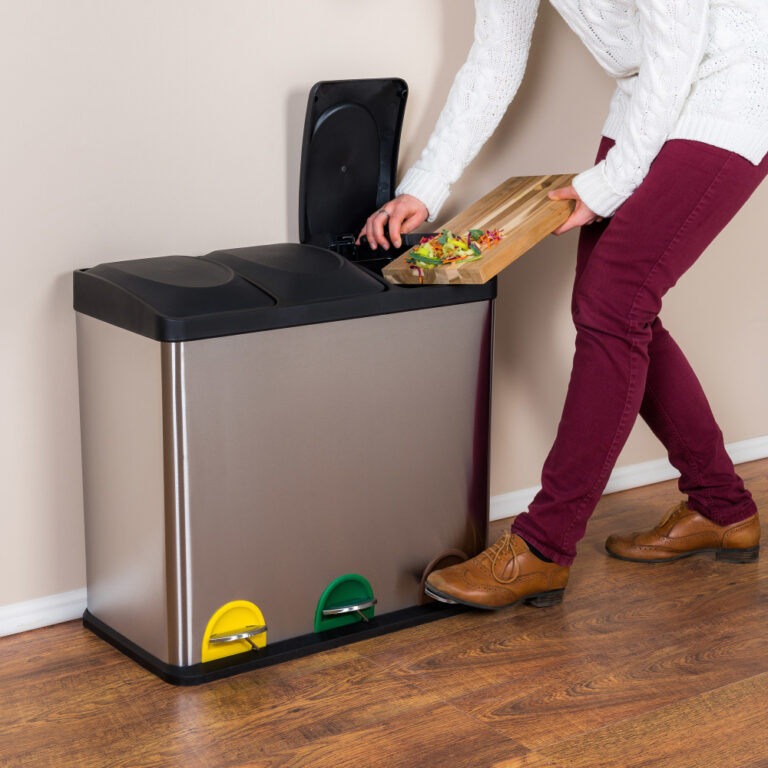Urban farming is a growing trend that not only enhances food security but also promotes sustainable practices in city environments. With limited space and resources, urban farmers face unique challenges, but one tool can significantly improve their operations: the electric composter. Here’s why incorporating an electric composter is essential for any urban farmer looking to optimize their practices.
This post may contain affiliate links which means that, if you choose to make a purchase, I may earn a small commission at no extra cost to you. I will only recommend products that I genuinely believe will add value to you. I greatly appreciate your support!
1. Efficient Waste Management:
In urban settings, space is often at a premium. An electric composter allows urban farmers to manage kitchen scraps and organic waste effectively. Instead of sending waste to landfills, an electric composter transforms it into nutrient-rich compost in a fraction of the time compared to traditional composting methods. This not only reduces waste but also provides valuable resources for enriching soil.
2. Speedy Composting Process
Traditional composting can take months, requiring regular maintenance, turning, and monitoring of moisture levels. Electric composters, on the other hand, can produce finished compost in as little as two weeks. For urban farmers who need a quick turnaround to support their growing plants, this rapid composting process is a game-changer.
3. Space-Saving Design
Many urban farmers operate in small spaces, such as balconies, rooftops, or community gardens. Electric composters are designed to be compact and efficient, fitting easily into limited areas without compromising on capacity. Their vertical design also allows for more efficient use of space, making them ideal for urban settings.
4. Odor and Pest Control
One of the common concerns with traditional composting is the potential for odors and attracting pests. Electric composters are generally sealed units that minimize smells and reduce the likelihood of attracting unwanted critters. This feature is especially important in urban environments where proximity to neighbors can make odors a significant issue.
5. Nutrient-Rich Soil Amendment
The end product of composting—humus—is a powerhouse for urban farmers. It enhances soil structure, improves moisture retention, and provides essential nutrients for plants. By utilizing an electric composter, urban farmers can create high-quality compost that leads to healthier plants and better yields, all while promoting a circular economy.
6. Education and Community Engagement
Incorporating an electric composter into an urban farming initiative can serve as an educational tool. It allows farmers to demonstrate sustainable practices, showcasing the benefits of composting to neighbors and community members. Engaging the community in composting workshops or demonstrations can foster a culture of sustainability and environmental stewardship.
7. Reduced Carbon Footprint
Using an electric composter aligns with the sustainability goals of urban farming. By composting organic waste, urban farmers reduce their carbon footprint significantly. Composting reduces methane emissions from landfills and returns valuable nutrients back to the soil, promoting a healthier ecosystem.
Conclusion
For urban farmers, the electric composter is more than just a tool; it’s a vital component of a sustainable farming strategy. It enhances waste management, accelerates compost production, and promotes healthy soil—all crucial factors for thriving in urban environments. By investing in an electric composter, urban farmers not only improve their own practices but also contribute positively to their communities and the planet. Embracing this technology is a step towards a more sustainable and resilient urban farming future.
